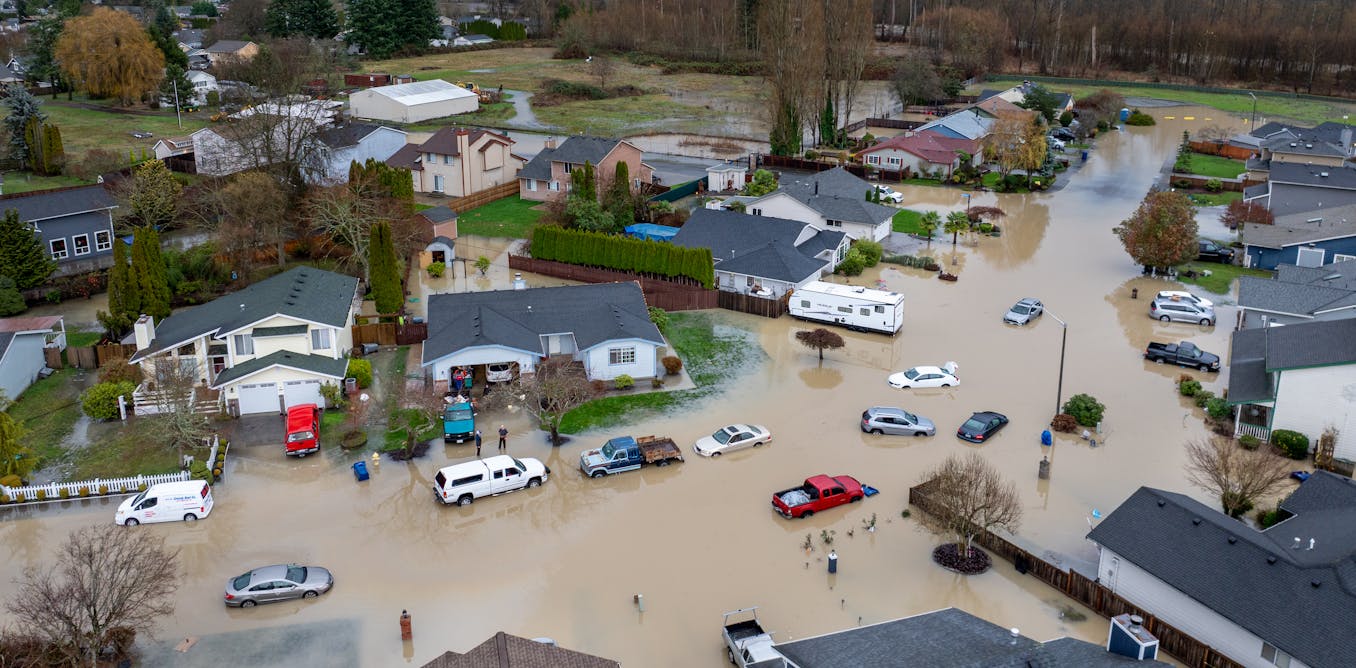When Meta announced last week that it’s looking for a nuclear energy developer to power its future AI operations, it joined a growing cadre of tech companies all suddenly repeating the same refrain: We need more power—preferably carbon-free—and lots of it.
Electricity demand in the United States is expected to grow more than 15 percent over the next five years after remaining flat for the last two decades, according to a recent report from power sector consulting firm Grid Strategies. Most of the growth will be driven by the needs of data centers and their operators, who are scrambling to secure large amounts of reliable power while keeping their carbon neutral goals.
Nuclear energy fits that bill, and over the last few months, Amazon, Google, and Microsoft have all announced ambitious deals to acquire it for their operations. Some of the plans aim to secure energy in the near term from existing power plants. Others focus on the long game and include investments in next-generation nuclear energy and small modular reactors (SMRs) that don’t yet exist on a commercial scale.
“Data centers have grown in size and AI is dramatically changing the future [energy] forecast,” says Dan Stout, founder of Advanced Nuclear Advisors in Chattanooga, Tenn. “In the 2030s, the grid will have less coal and there will be some constraints on gas. So nuclear energy’s power density and carbon-free high reliability is attractive, and tech companies are starting to take action on new nuclear deployments,” he says.
Big Tech Turns Its Attention to Nuclear Power
Amazon kicked off the bevy of public announcements in March when it bought a data center adjacent to a nuclear power plant in Pennsylvania. The purchase came with 300 megawatts of behind-the-meter electricity. After closing the deal, Amazon requested another 180 MW. The request caused a dustup over energy fairness, and in November regulators rejected it, leaving Amazon looking for other options. Tech companies are watching the precedent-setting situation closely.
Meanwhile, Microsoft was inking an agreement with Constellation Energy to restart a shuttered nuclear reactor on Three Mile Island—the site of the worst nuclear disaster in U.S. history. The plan, announced in September, calls for the reactor to supply 835 MW to grid operator PJM, and for Microsoft to buy enough of that power to match the electricity consumed by its data centers in the PJM Interconnection.
Then in October, just two days apart, Google and Amazon both announced investments in startups developing SMRs. The smaller size and modular design of SMRs could make building them faster, cheaper and more predictable than conventional nuclear reactors. They also come with enhanced safety features, and could be built closer to transmission lines.
SMRs are still at least five years from commercial operation in the United States. A year ago the first planned SMR in the United States was cancelled due to rising costs and a lack of…
Read full article: Big Tech Embraces Nuclear Power to Fuel AI and Data Centers

The post “Big Tech Embraces Nuclear Power to Fuel AI and Data Centers” by Emily Waltz was published on 12/10/2024 by spectrum.ieee.org






































Leave a Reply